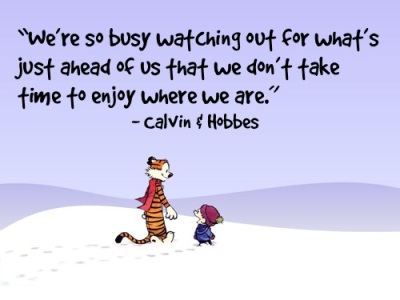“Real relationships tend to change rather than to remain static” says Carl Rogers in his famous book ‘On Becoming a Person: A Therapist’s View of Psychotherapy‘.
 Real relationships are relationships that go beyond the superficial into real giving and receiving. They are relationships in which we are authentic and were we discover ourselves.
Real relationships are relationships that go beyond the superficial into real giving and receiving. They are relationships in which we are authentic and were we discover ourselves.
Thus, necessarily, this quality of relationships will tend to create change in ourselves and the relationship equally needs to change to adapt to these new circumstances.
Following the same idea, Carl Rogers, notes, in his practice of psychotherapy, “If I can provide a certain type of relationship, the other person will discover within himself the capacity to use that relationship for growth, and change and personal development will occur.”
Poor relationships foster defensiveness, passivity, and prostration. Real relationships, on the contrary, foster growth and expansion. Their potential can be unlimited.
Review your relationships and ask yourself which are those that change and mature over time. These might be much deeper relationships than the others.











